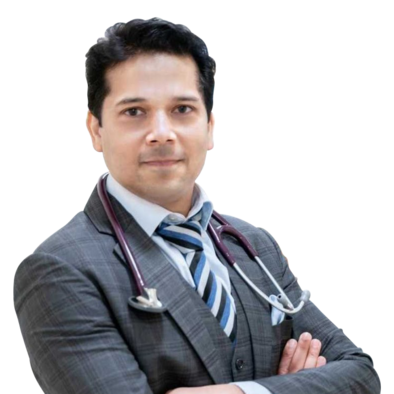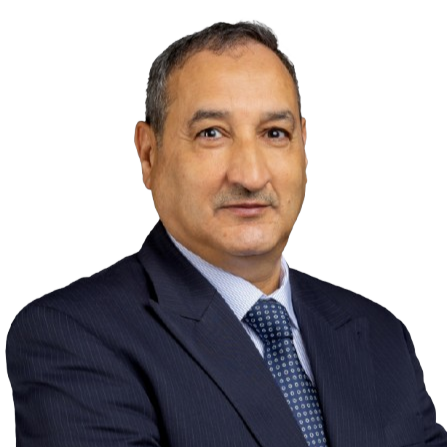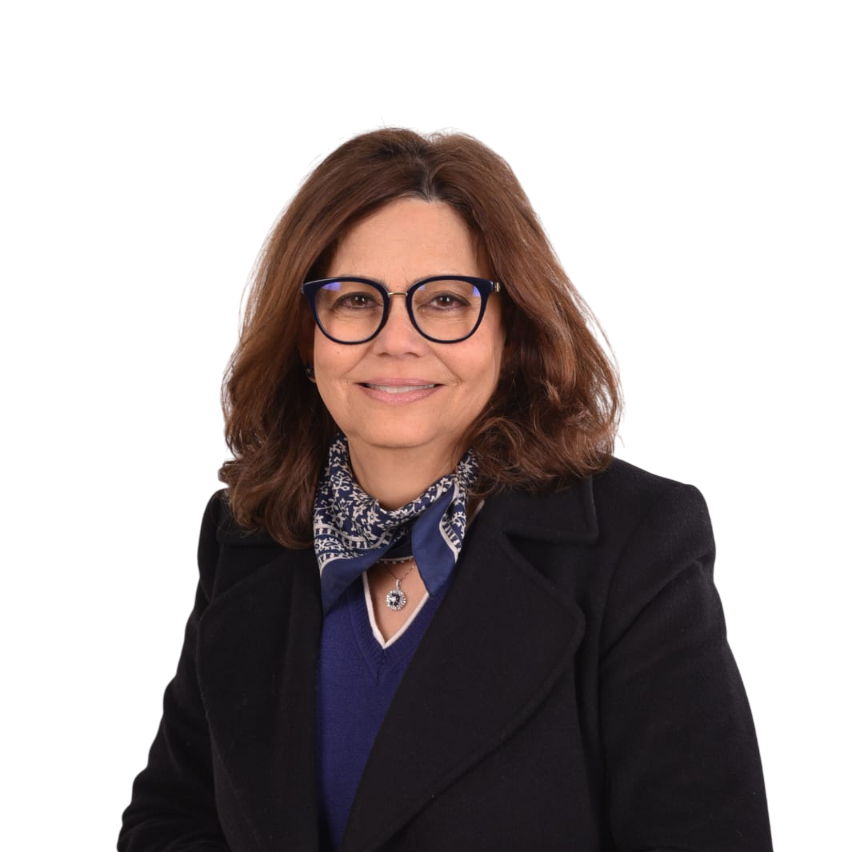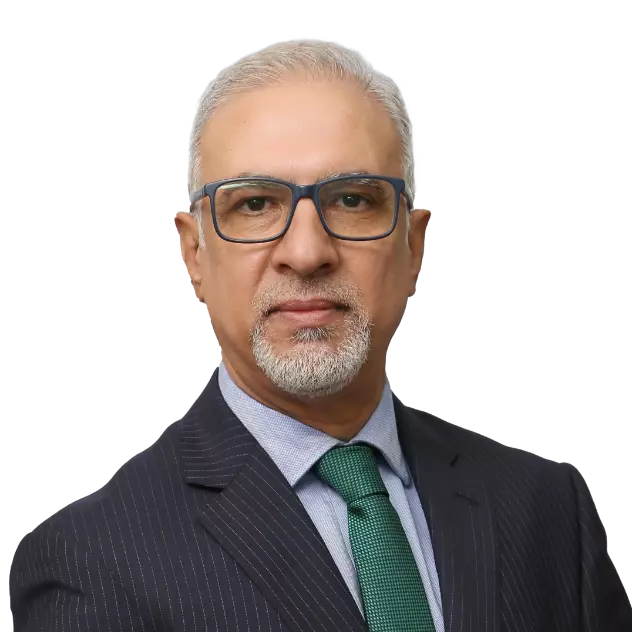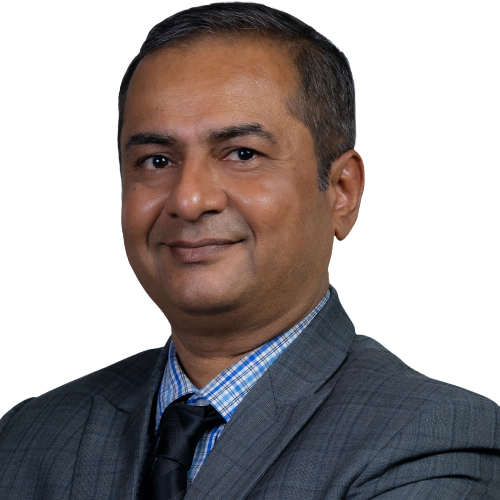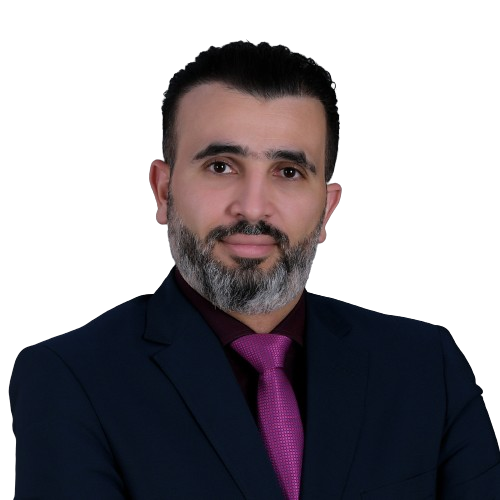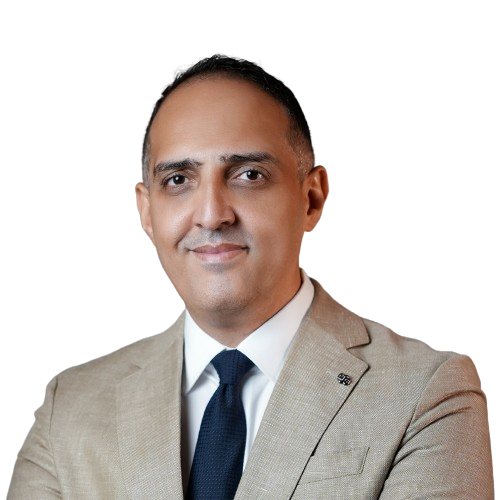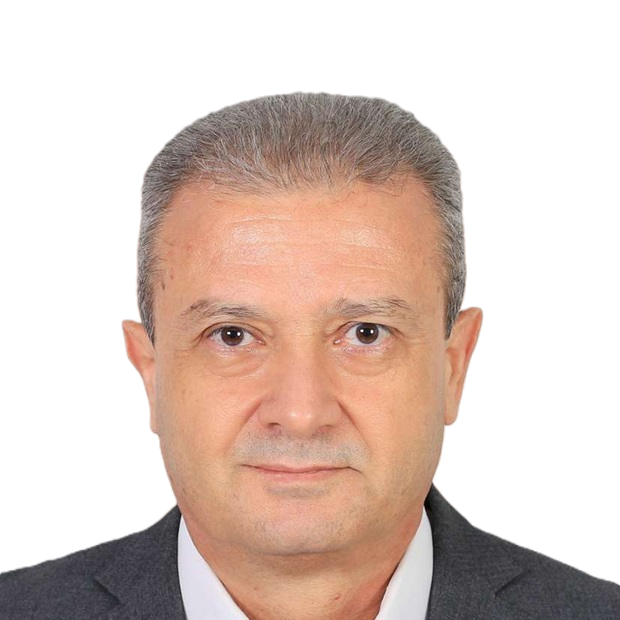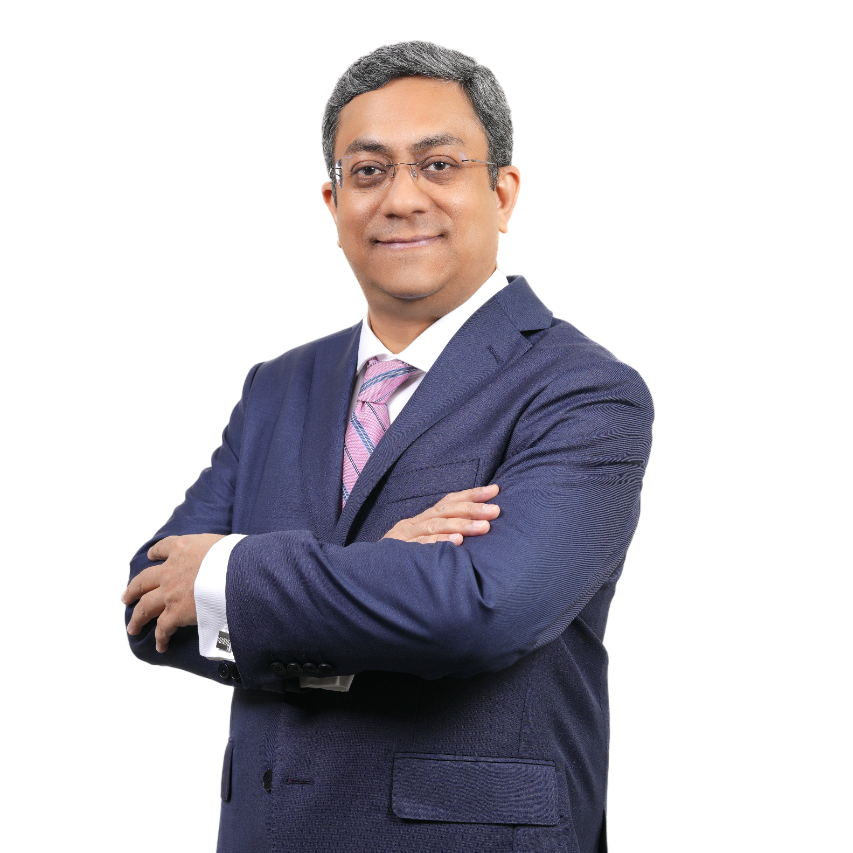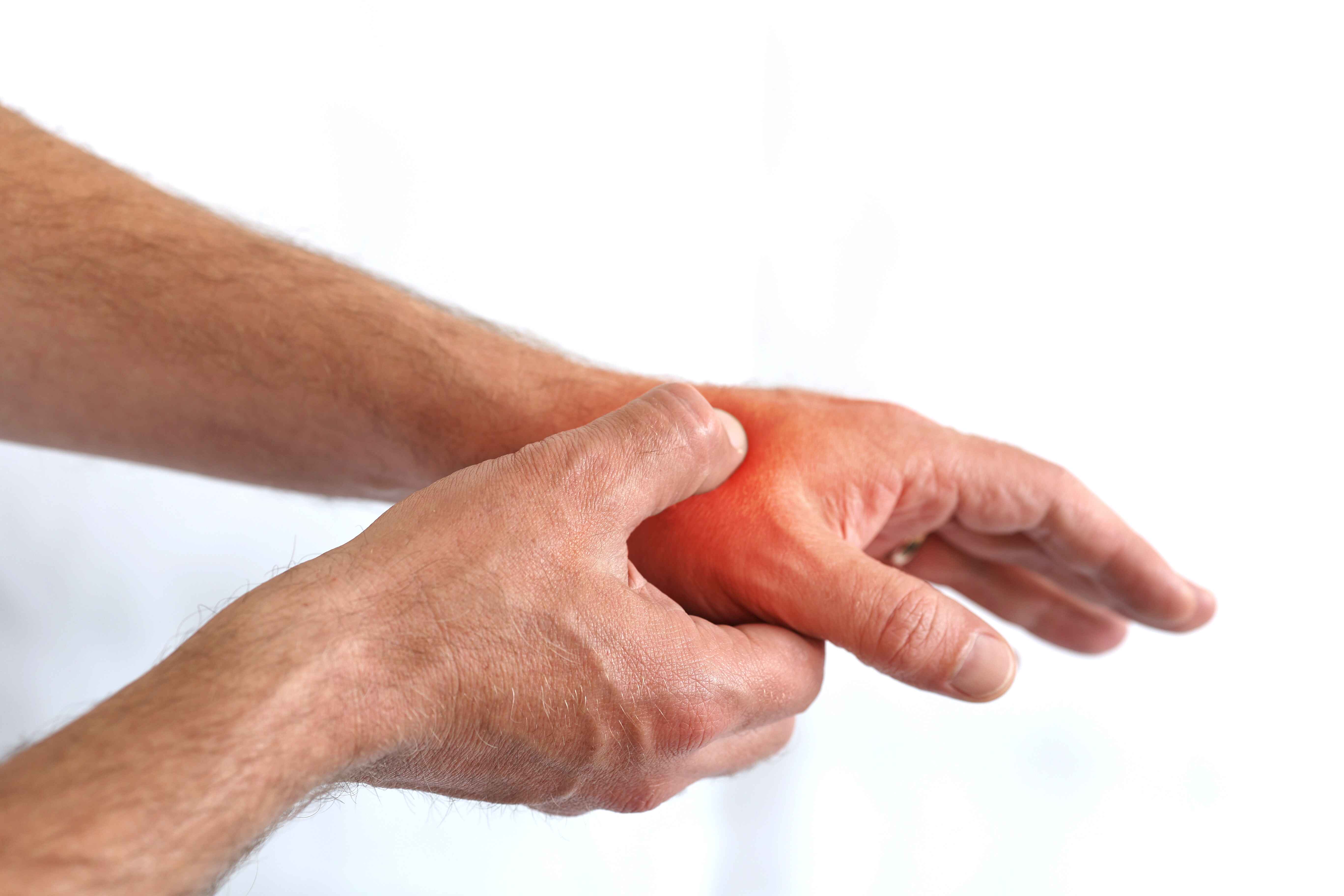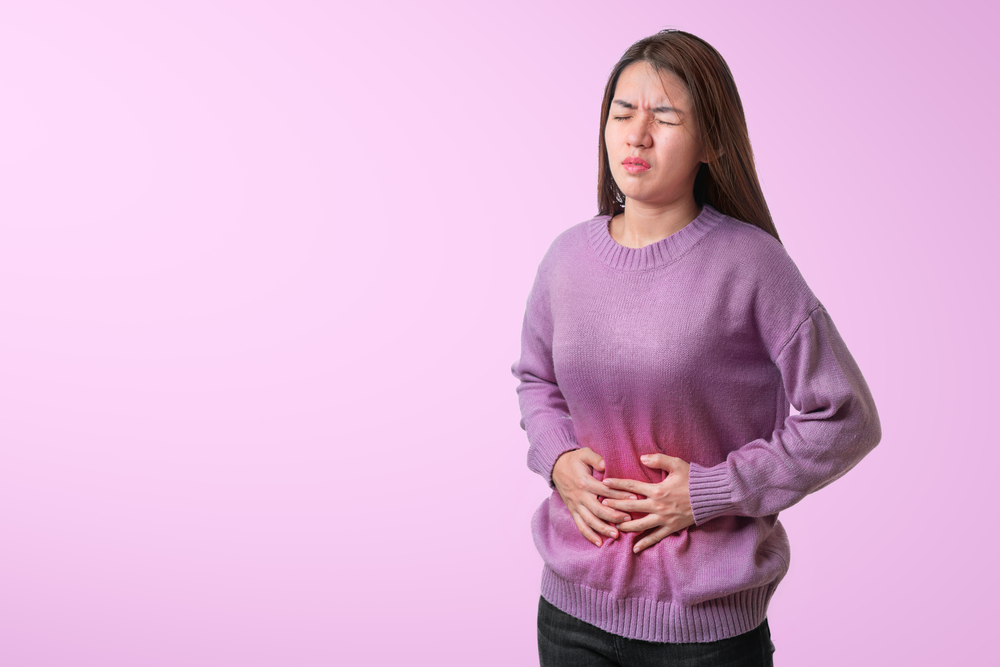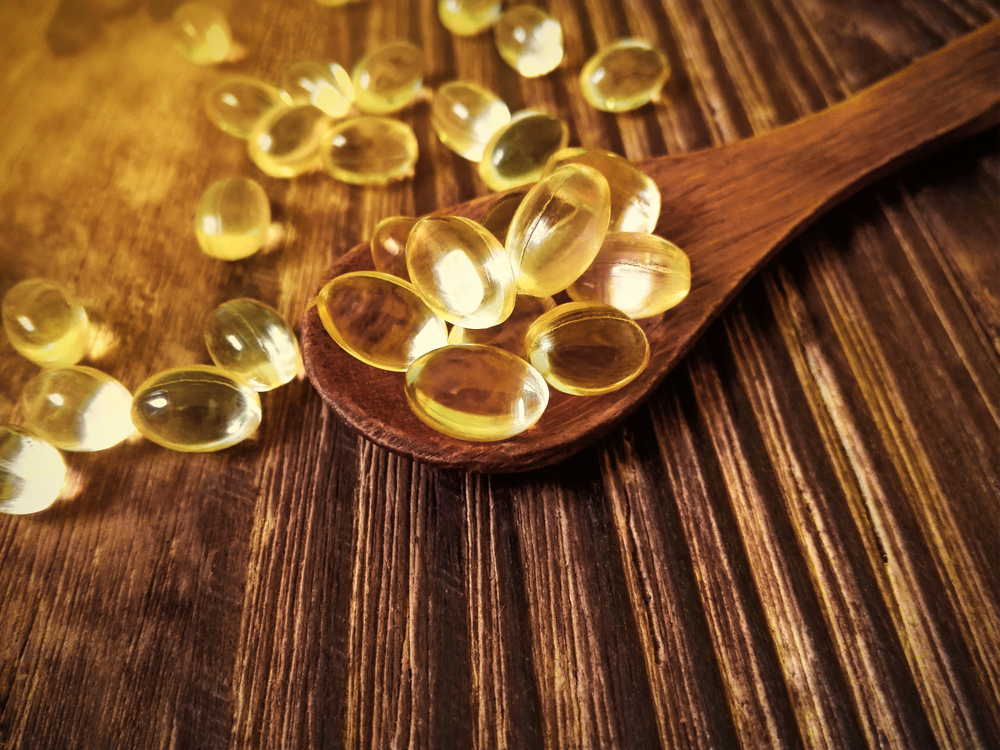Fatty Liver Disease: Symptoms, Causes & Treatment
Written By: Dr. Shamsheer Kote
Updated On:January 24, 2024
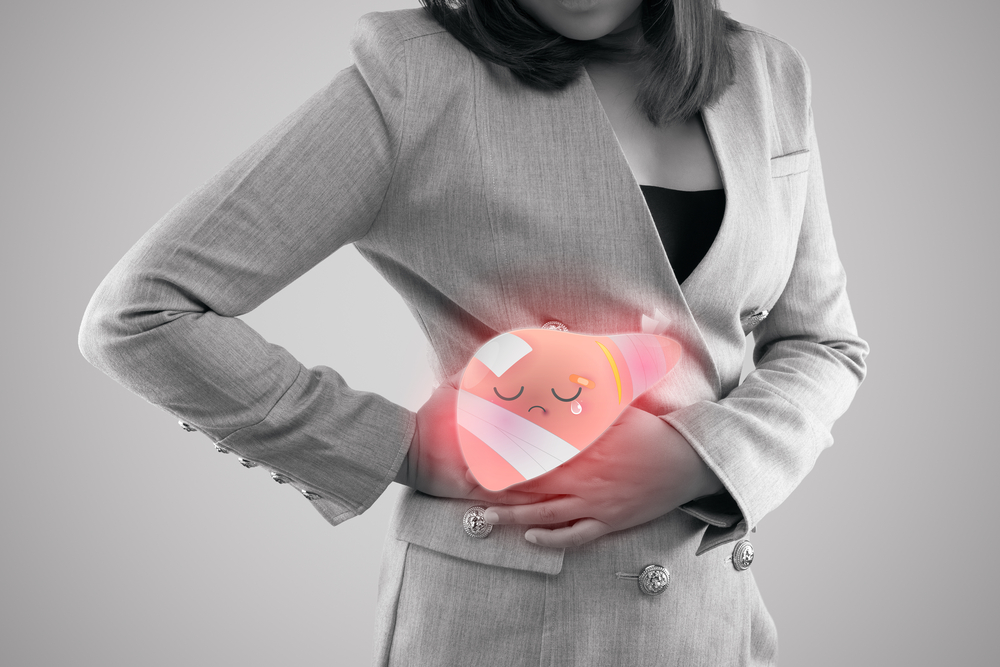
What is Fatty Liver Disease?
The storing of excess fat in the liver results in the prevalent medical condition known as fatty liver disease. There is a modest amount of fat in a healthy liver. However, when fat amounts to 5% to 10% of your liver's weight, it becomes a cause for concern. The majority of individuals show no symptoms and do not experience any major problems. Nonetheless, built up fat in the liver occasionally results in liver damage.
Forms of Fatty Liver Disease
Fatty liver disease mainly takes two forms as follows:
Alcohol-induced fatty liver disease:
Heavy drinking leads to the development of alcohol-induced fatty liver disease.
Non-alcohol related fatty level disease:
Non-alcohol related fatty liver disease affects individuals who don't use large amounts of alcohol. Researchers haven't determined the specific etiology of non-alcohol related fatty liver disease. Obesity and diabetes are just two variables that can raise the risk of having fatty liver disease.
Causes of Fatty Liver Disease
Fat accumulates in the liver as a result of consuming too many calories. Too much fat will build up when the liver does not process and break down fats as it typically should. If a person has another ailment, such as obesity, diabetes, or high triglycerides, they are more likely to develop fatty liver.
In addition to severe weight loss and alcohol misuse, fatty liver can also result from malnutrition. Nonetheless, even those who don't have any of these disorders can develop fatty liver.
Symptoms of Fatty Liver Disease
If left untreated, fatty liver diseases progresses through three stages:
- Steatohepatitis: Your liver swells up and gets inflamed, which harms the organ's tissue.
- Fibrosis: Your damaged liver develops scar tissue.
- Liver cirrhosis: Healthy tissue is replaced by extensive scar tissue.
Unless the condition advances to liver cirrhosis, people with fatty liver disease frequently don't exhibit any symptoms. If you do experience symptoms, they include the following
- The upper right portion of the abdomen on the right side of the body feels full or painful
- Nausea, appetite loss, or loss of weight
- Whites of the eyes and skin are yellow (jaundice)
- Swollen legs and abdomen (edema)
- Extreme exhaustion or weakness
When to see a doctor for Fatty Liver Disease?
If you experience any symptoms that suggest the fatty liver disease is growing worse, contact your doctor immediately. Some symptoms you may exhibit include the following: Severe fatigue, reduced appetite, loss of weight, and swollen abdomen.
Fatty Liver Disease Risk Factors
You are more likely to get fatty liver disease if you
- Have gotten through menopause
- Are diabetic
- Are obese
- Have high blood hypertension
- Have high cholesterol
- Struggle with sleep apnea
Fatty Liver Disease Complications
For the majority of cases, early-stage fatty liver disease is harmless, but if it worsens, it can result in severe liver damage, including cirrhosis. Also, high levels of fat in the liver are linked to an increased risk of significant health issues like diabetes, high blood pressure, and renal disease. Moreover, fatty liver disease raises your risk of getting cardiac problems if you already have diabetes.
It is possible to prevent fatty liver disease from getting worse and lower the amount of fat in your liver if it is identified and treated at an early stage.
Fatty Liver Disease Diagnosis
Your doctor might be the first person to diagnose fatty liver disease because it frequently has no symptoms. Raising a red flag may be higher levels of liver enzymes found during a blood test. Your liver is harmed if your liver enzyme levels are elevated. Your doctor might prescribe the following to make a diagnosis:
- To obtain a picture of the liver, use computed tomography (CT scan) or ultrasound.
- To assess how far along the liver disease is, a liver biopsy (tissue sample) is performed.
- To determine the amount of fat and scar tissue in the liver, a specialized ultrasound called FibroScan® is occasionally used in place of a liver biopsy.
Fatty Liver Disease Treatment
Losing weight is advised by doctors for non-alcoholic fatty liver. Weight loss can lessen fibrosis, inflammation, and liver fat. You should stop taking a certain medication if your doctor suspects it is the root of your non-alcoholic related fatty liver. Nevertheless, before stopping the medication, see your doctor. You might need to gradually stop taking the medication and switch to a different medication in its place.
For the treatment of non-alcoholic related fatty liver, no medications have been licensed. Further research is required to determine whether Vitamin E or a specific diabetes medication can be helpful.
The most crucial step in treating fatty liver disease brought on by alcohol is quitting drinking. You might wish to visit a therapist or take part in an alcohol rehabilitation program if you need assistance with that. Medications can also be helpful because they can either lessen cravings or make you feel ill if you consume alcohol.
Fatty liver disease can progress to cirrhosis. Cirrhosis-related health issues can be managed by doctors using medications, surgeries, and other treatments. You might need a liver transplant if the cirrhosis causes liver failure.
Fatty Liver Disease Prevention
The best approach to prevent fatty liver disease is to practice healthy lifestyle habits, such as:
- Limit your intake of salt and sugar while increasing your intake of fruits, vegetables, and whole grains.
- Get immunizations against pneumococcal illness, the flu, and hepatitis A and B. Liver failure is more likely to occur if fatty liver and hepatitis A or B coexist. The other two immunizations are also crucial because people with chronic liver illness are more susceptible to contract infections.
- Frequently exercise, which can help you lose weight and reduce fat in the liver
- Before utilizing dietary supplements, such as vitamins, or any supplementary or alternative medications or medical procedures, see your doctor. Your liver may be harmed by some herbal medicines.
- Drink alcohol in moderation.
Think of fatty liver disease as a precursor to cirrhosis or liver cancer, two conditions that can potentially be lethal. It's crucial to take action to stop or reverse fatty liver disease even if you are currently symptom-free and have no issues with your liver's functionality. Maintain regular check-ups with your doctor and follow the preventative measures listed here.
References
Angulo, P. (2002). Nonalcoholic fatty liver disease. New England Journal of Medicine, 346(16), 1221-1231.
Brunt, E. M. (2007). Pathology of fatty liver disease. Modern Pathology, 20, S40-S48.
Cohen, J. C., Horton, J. D., & Hobbs, H. H. (2011). Human fatty liver disease: old questions and new insights. Science, 332(6037), 1519-1523.
De Zeng, Min, Jian Gao Fan, Lun Gen Lu, You Ming Li, Cheng Wei Chen, Bing Yuan Wang, Yi Min Mao, Chinese National Consensus Workshop on Nonalcoholic, and Fatty Liver Disease. "Guidelines for the diagnosis and treatment of nonalcoholic fatty liver diseases." Journal of digestive diseases 9, no. 2 (2008): 108-112.
Rinella, M. E. (2015). Nonalcoholic fatty liver disease: a systematic review. Jama, 313(22), 2263-2273.
Meet our doctors from the Gastroenterology department
